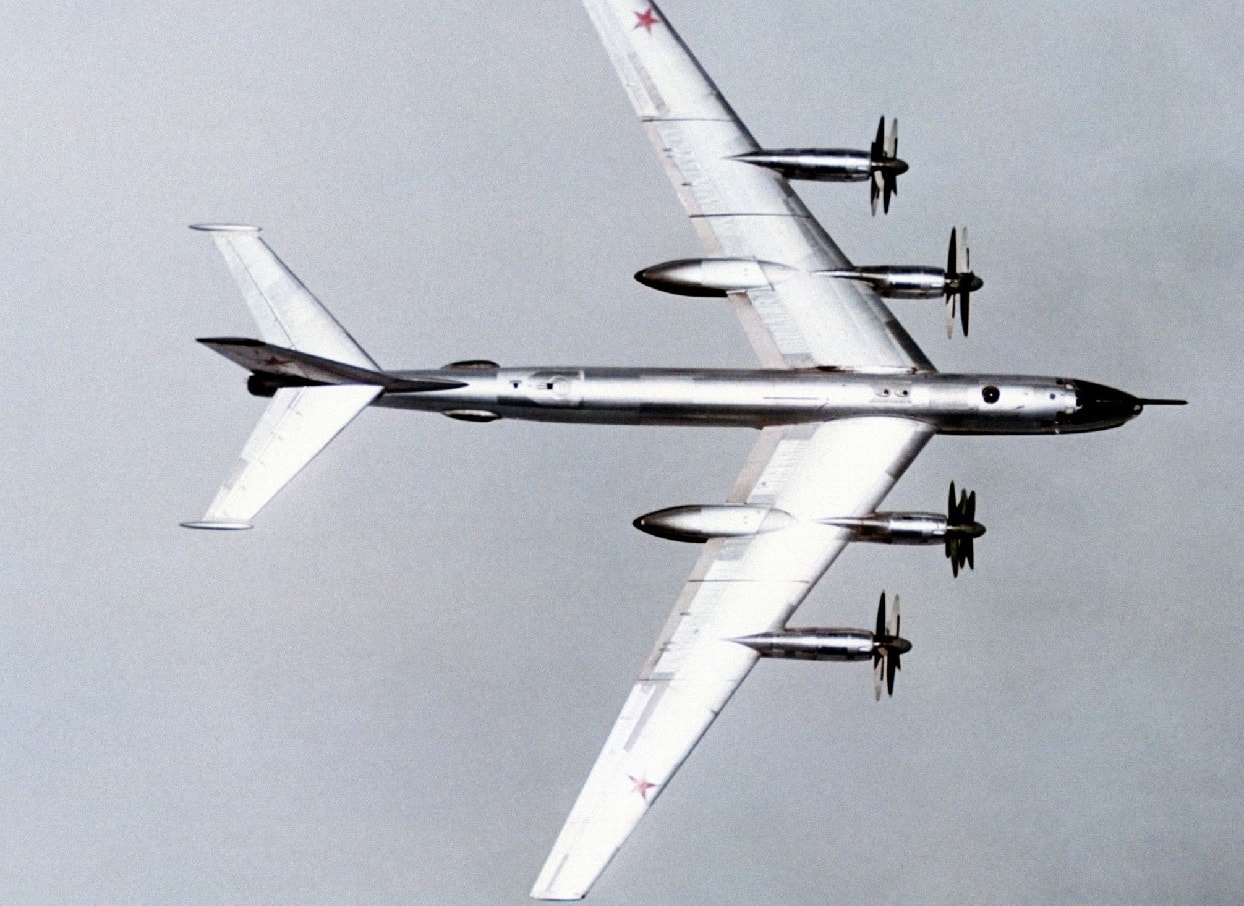What is the future of international governance in the Arctic? Would you like to play a game to find out?
Over the past weekend, the students and faculty of the Patterson School of Diplomacy and International Commerce simulated a major international conference on the future of the Arctic. The scenario involved eight teams representing eight countries; Iceland, Denmark, Norway, Finland, Russia, China, Canada, and the United States. The entire simulation group received a set of general instructions regarding the international situation, and each team received privileged, confidential instructions clarifying their government’s interests and negotiating red lines. For two days, the team members met with one another and attempted to come to an agreement over future arctic governance.
The Arctic exercise is new, but the practice of bringing students into policy simulations isn’t. This simulation is one of several International Strategic Crisis Negotiation Exercise (ISCNE) scenarios run by the Center for Strategic Leadership (CSL) at the United States Army War College (USAWC). The subjects of other scenarios include Nagorno-Karabakh, the South China Sea, and Cyprus. Schools that have participated in the ISCNE include the Georgetown School of Foreign Service, the Jackson School at the University of Washington, The Maxwell School at Syracuse, The Korbel School at Denver, and others.
“The Patterson School and Army War College have been collaborating since 2010 in providing the ISCNE to students,” according to Edmund Zukowski of the CSL. Zukowski, a retired naval aviator who heads the team that travels around the country to run the simulations with different programs, continued “this year’s exercise showcased the talented student body at the Patterson School and their knowledge of relevant issues, and their proposed solutions, on the Arctic. Overall, we were impressed by the interactions we witnessed the students having and the conversations they held.”
The history of wargaming is long and complex, with roots that reach as far back as chess and a legacy of influence on policy and education. Simulations can have several different purposes. They can illuminate the strategic trade-offs for a particular policy, whether that policy involves spinning off a tractor business or invading France. The RAND wargames of the 1950s, for example, painted a stark image of the role that nuclear weapons might play in a future conflict. Simulations can reveal human and organizational capital, giving managers of sense of what their organization is capable of.
Simulations can also develop organizational and individual muscles, teaching people how to perform in certain kinds of situations. The ICSNE program mainly focuses on this last goal. The developers have never intended to use the scenarios to probe suitable outcomes for the crises that they represent. Indeed, the scenarios are often structured to prevent easy resolution because the purpose is to drive engagement for the participants. Students learn about the intricate problems of diplomacy and hopefully come to an understanding of why, precisely, nations can’t simply agree to solve difficult problems. Indeed, the scenario development process originated with a game intended to train international military fellows in the difficulties of multilateral diplomacy.
Still, the scenario offered some lessons for how to think about problems in the Arctic. The most notable outcome of the exercise was the growing realization that China needs to be taken seriously at all times and in all places. Some of the participants struggled to understand the inclusion of China, but to borrow a hackneyed phrase, “when China sneezes, Iceland gets COVID.” Chinese policy towards the Arctic matters immensely for trade, climate change, and environmental protection, and Beijing cannot usefully be excluded from conversations about rule-setting. This is not to say that China can dictate terms; in our simulation, China struggled to build upon its relationship with Russia and tended to alienate partners with “wolf warrior” style diplomacy.
The ISCNE program, with its wide presence in foreign policy programs around the country, is building a cadre of wargamers experienced in the art of diplomacy. A decade from now, many Foreign Service Officers, Congressional staffers, DoD civilians, and mid-grade military officers will have participated in one or more of ISCNE’s negotiation simulations. The first cut experience of how a multilateral diplomatic meeting works may help many of these young professionals decide what kind of foreign policy career to pursue.
Now a 1945 Contributing Editor, Dr. Robert Farley is a Senior Lecturer at the Patterson School at the University of Kentucky. Dr. Farley is the author of Grounded: The Case for Abolishing the United States Air Force (University Press of Kentucky, 2014), the Battleship Book (Wildside, 2016), and Patents for Power: Intellectual Property Law and the Diffusion of Military Technology (University of Chicago, 2020).

